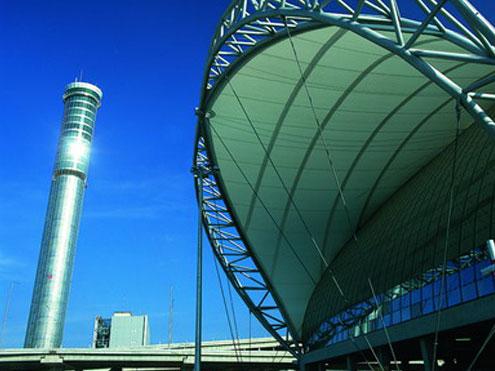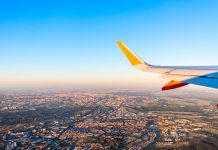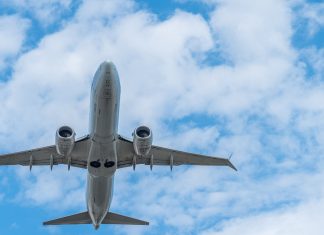Airline association IATA is calling on the Thai government to urgently address safety, capacity and cost issues at Bangkok Airport.
It is urging the government to fix ‘soft spots’ on the tarmac, taxiways and apron area which it says cause aircraft to frequently get ‘stuck’.
“The extra power and towing needed to manoeuvre through these surfaces is a safety risk to ground personnel, ground vehicles and aircraft,” it said.
“On top of that, frequent surface repairs create congestion. The constant resurfacing of the tarmac, taxiways and apron area with asphalt is an unacceptable patchwork solution. We literally need a ‘concrete’ solution,” said Tony Tyler, IATA director general and CEO.
IATA said the airport also faces a capacity crunch and called on the Thai government to fast track the Phase Two terminal expansion and move forward with plans for a third runway.
“Aviation is critical to Thailand’s economic success,” said Tyler.
“It is the backbone of the tourism industry and provides critical global business links. It is in jeopardy, however, unless key issues of safety, capacity and costs are addressed urgently.”
Concerns have already been raised by the International Civil Aviation Organisation and the US Federal Aviation Administration.
The US FAA ranks Thailand in Category 2 of its International Aviation Safety Assessment programme.
“These assessments look at what the government is doing, not the airlines. Thai Airways and Bangkok Airways are IATA members and, along with Thai Lion Air and Orient Thai Airlines, are on the registry of the IATA Operational Safety Audit (IOSA),” explained Tyler.
“This demonstrates that they are operating to the highest global standards for operational safety.”
IATA is also calling on Thailand to mandate IOSA as a requirement for all Thai-registered airlines.
“This would not absolve the government of its responsibility to do better in aligning its oversight programs to global standards. But it would send a strong signal that Thailand is serious about its commitment to world-class safety.”
























